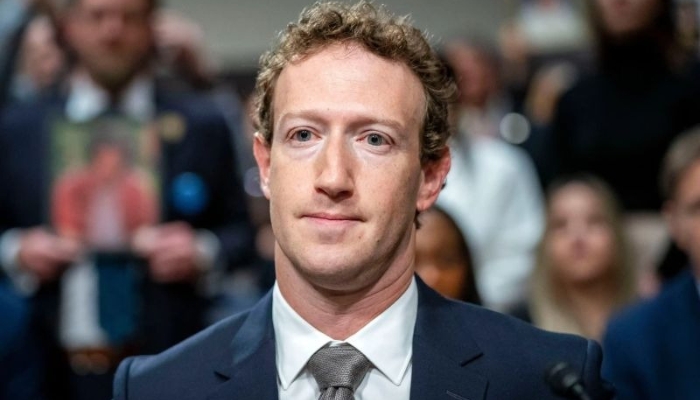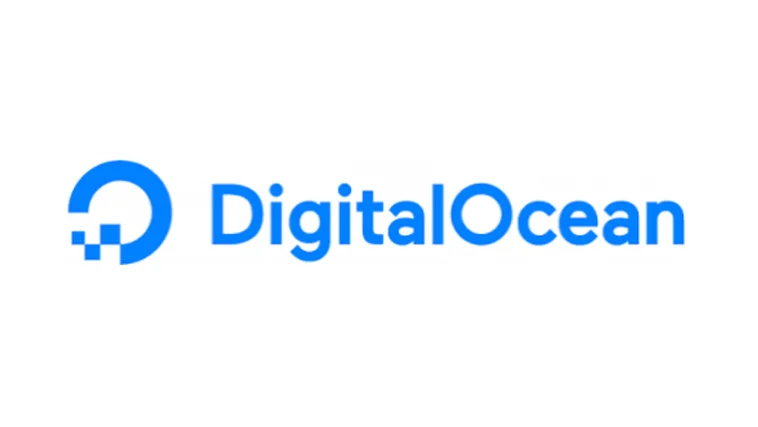
Last updated on April 3rd, 2024 at 10:55 am
Meta, Facebook’s parent company, will distribute funds to shareholders as it announces $40 billion in revenue for the last quarter
Mark Zuckerberg, the CEO of Meta, the parent company of Facebook, Instagram, and WhatsApp, is anticipated to receive $700 million a year in dividends.
On Thursday, Meta announced its inaugural quarterly dividend payment to investors since Facebook went public in 2012, following its surpassing of Wall Street’s expectations with $40 billion in revenue for the final quarter of last year.
Despite reducing its total headcount to about 19,000 by cutting 22% of staff, Meta reported a tripling of quarterly profits to $14 billion as advertising sales rebounded. The company also initiated a $50 billion share buyback program.
Zuckerberg also revealed that the company, celebrating its 20th anniversary this month, would issue its first dividend as a public company, amounting to 50 cents per share. Meta stated that the $1.25 billion allocated to investors would mark the beginning of regular payouts.
With approximately 350 million shares, Zuckerberg could potentially earn around $700 million in the first year of the policy if Meta maintains a similar level of dividend payouts each quarter.
In 2022, the 39-year-old received $27 million in total compensation, the most recent year for which full remuneration figures are available.
Investors have welcomed the decision to begin paying a dividend. Meta’s share price increased by 20% when the stock market opened on Friday, valuing the company at over $1.2 trillion. However, some analysts have questioned the rationale behind the company’s move.
Dan Coatsworth, an investment analyst at AJ Bell, commented, “The move is surprising given it has highlighted the need for substantial investment in AI-related infrastructure, and its metaverse project is consuming cash on a quarterly basis with no indication of profitability in the near future.” He continued, “Paying a dividend suggests the company aims to overhaul its reputation and be taken more seriously.”
However, Coatsworth noted that it is a “symbolic gesture” as the dividend amounts to $2 per share, translating to just a 0.4% yield for an investor based on Meta’s $461 share price. “This is unlikely to attract a significant number of new investors seeking income opportunities,” he said. “In fact, it’s the kind of yield that most investors tend to overlook.”
Coatsworth further noted that while the company has indicated that share buybacks will remain the primary method of returning capital to shareholders, the introduction of dividend payments is a signal that the tech industry has reached a level of maturity comparable to sectors like oil, gas, banking, and pharmaceuticals.
“Companies typically begin paying dividends when they have matured, possibly after they have successfully commercialized an idea and are experiencing a consistent growth in sales and profits,” he explained. “Meta already operates a well-established social media network business with substantial advertising revenue, so one could argue that the dividend could have been introduced much earlier.”
At a US Senate judiciary committee hearing on Wednesday, Meta faced criticism along with other tech companies, with executives, including Zuckerberg, questioned about their platforms’ impact on young users. The chief executive expressed condolences to parents who had lost children due to online exploitation.
During the hearing, lawmakers promoted legislation that could remove legal immunity for content posted on Meta and other platforms. This development follows a significant lawsuit filed against Meta by the attorneys general of 41 states regarding its impact on young users.
Additionally, the attorney general of New Mexico has sued Meta, alleging that the company failed to prevent child sexual exploitation and trafficking.
Meta has been approached for a comment.




